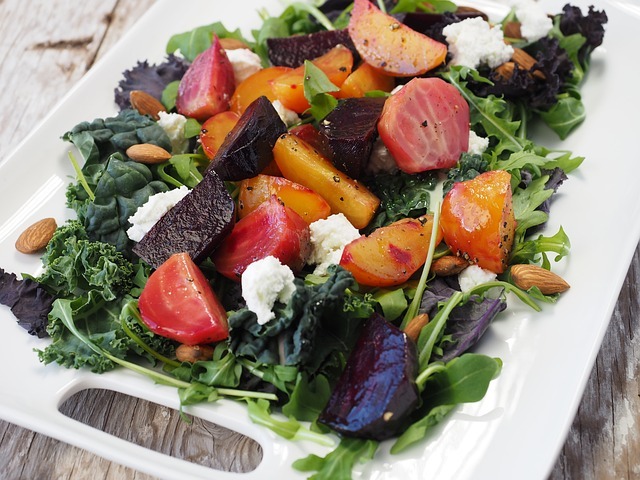Why is a Healthy Diet Important for Women?
Women have unique nutritional needs. A healthy diet is not just about looking good; it’s about feeling great, having energy, and staying healthy. It helps in managing weight, preventing diseases, and boosting mood.
What to Eat: The Building Blocks of a Healthy Diet
- Fruits and Vegetables: These are your body’s superheroes. They are abundant in fiber, vitamins, and minerals. Aim for a colorful plate filled with different fruits and veggies.
- Whole Grains: Brown rice, quinoa, and whole-wheat bread are your energy sources. They give you vital nutrients and keep you feeling full.
- Lean Protein: Chicken, fish, beans, and tofu build and repair your body. They are important for strong muscles and healthy skin.
- Healthy Fats: Avocados, nuts, and olive oil are good fats. They help your body absorb vitamins, support brain health, and keep you feeling satisfied.
- Dairy or Dairy Alternatives: Yogurt, milk, and cheese provide calcium for strong bones. If you can’t have dairy, plant-based options like soy milk or almond milk are good choices.
Create Your Own Meal Plan
A healthy diet is about balance. You don’t have to follow strict rules. Here’s a simple guide:
- Start your day right: Savor a protein-rich and whole-grain breakfast, such as whole-wheat bread topped with avocado or yogurt paired with fruit and nuts.
- Lunchtime delight: Opt for salads with grilled chicken or fish, or whole-grain sandwiches with plenty of veggies.
- Dinner time: Make it a family affair with grilled chicken or fish, brown rice, and a colorful side salad.
- Snacks: Keep hunger at bay with fruits, vegetables, yogurt, or a handful of nuts.
Tips for a Healthy Lifestyle
- Hydrate: Water is your best beverage throughout the day.
- Limit processed foods: They are often high in unhealthy fats, sugar, and salt.
- Cook at home: This gives you control over ingredients and portion sizes.
- Listen to your body: Observe your body’s signals of hunger and fullness.
Special Considerations for Women
- Iron: Women need iron for healthy red blood cells. Add foods high in iron to your diet, such as lentils, spinach, and lean red meat.
- Calcium: For strong bones, consume calcium-rich foods like dairy, leafy green vegetables, and fortified plant-based milk.
- Pregnant and breastfeeding women: You need extra nutrients. See a medical professional for tailored guidance.
Remember, small steps can make a big difference. Focus on making healthy choices most of the time, and don’t be too hard on yourself. Enjoy the journey to a healthier you!
